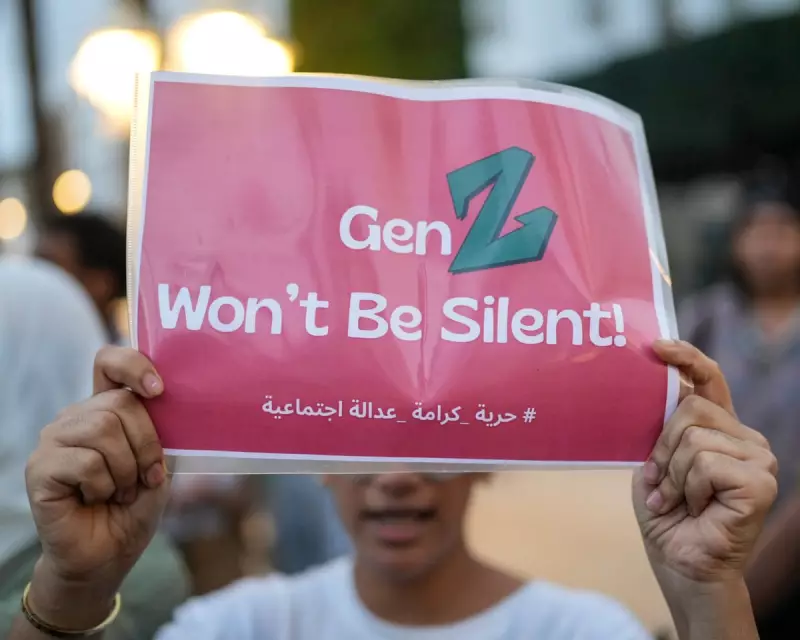
A new generation of Moroccan activists is refusing to be silenced, with fresh protests planned across the country despite a government crackdown that has resulted in multiple deaths and widespread arrests.
'This Generation is Defiant'
Young Moroccans, predominantly from Generation Z, are organising what they call a "resumption" of demonstrations demanding political reforms and social justice. The movement has been met with increasingly harsh responses from authorities, including live ammunition against protesters.
Multiple sources confirm that at least five demonstrators have been killed in recent weeks, with hundreds more detained in what human rights organisations describe as a systematic effort to crush dissent.
Escalating Government Response
The protest movement, which began as peaceful demonstrations against corruption and unemployment, has faced unprecedented levels of state violence. Security forces have employed:
- Live ammunition against unarmed protesters
- Mass arrests targeting youth leaders
- Internet shutdowns in protest hotspots
- Military deployments to several cities
Despite these measures, organisers insist the movement will continue. "They think they can scare us into silence, but this generation is different," one 22-year-old student leader told The Guardian. "We've seen what happens when people stay quiet for decades."
International Concern Grows
Human rights organisations and foreign governments are expressing increasing alarm about the situation. Amnesty International has documented numerous cases of excessive force and arbitrary detention, while the UN has called for independent investigations into the deaths.
The protests represent the most significant challenge to Morocco's monarchy in recent years, with young activists demanding genuine constitutional reforms rather than the limited changes implemented after the 2011 Arab Spring.
As one organiser put it: "We're not asking for permission to protest anymore. This is our country too, and we will be heard."





